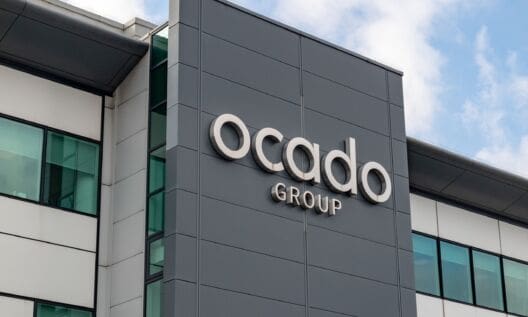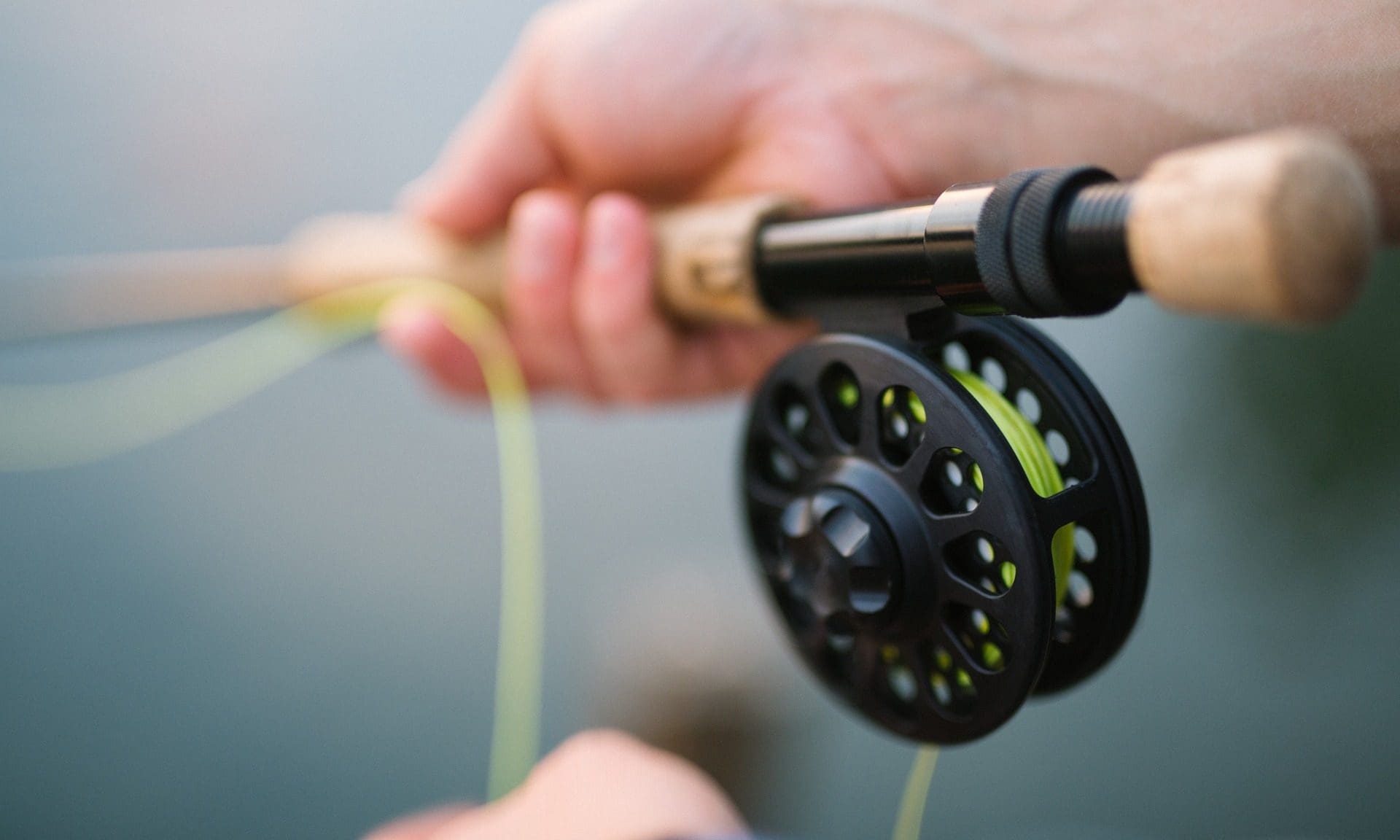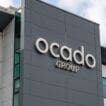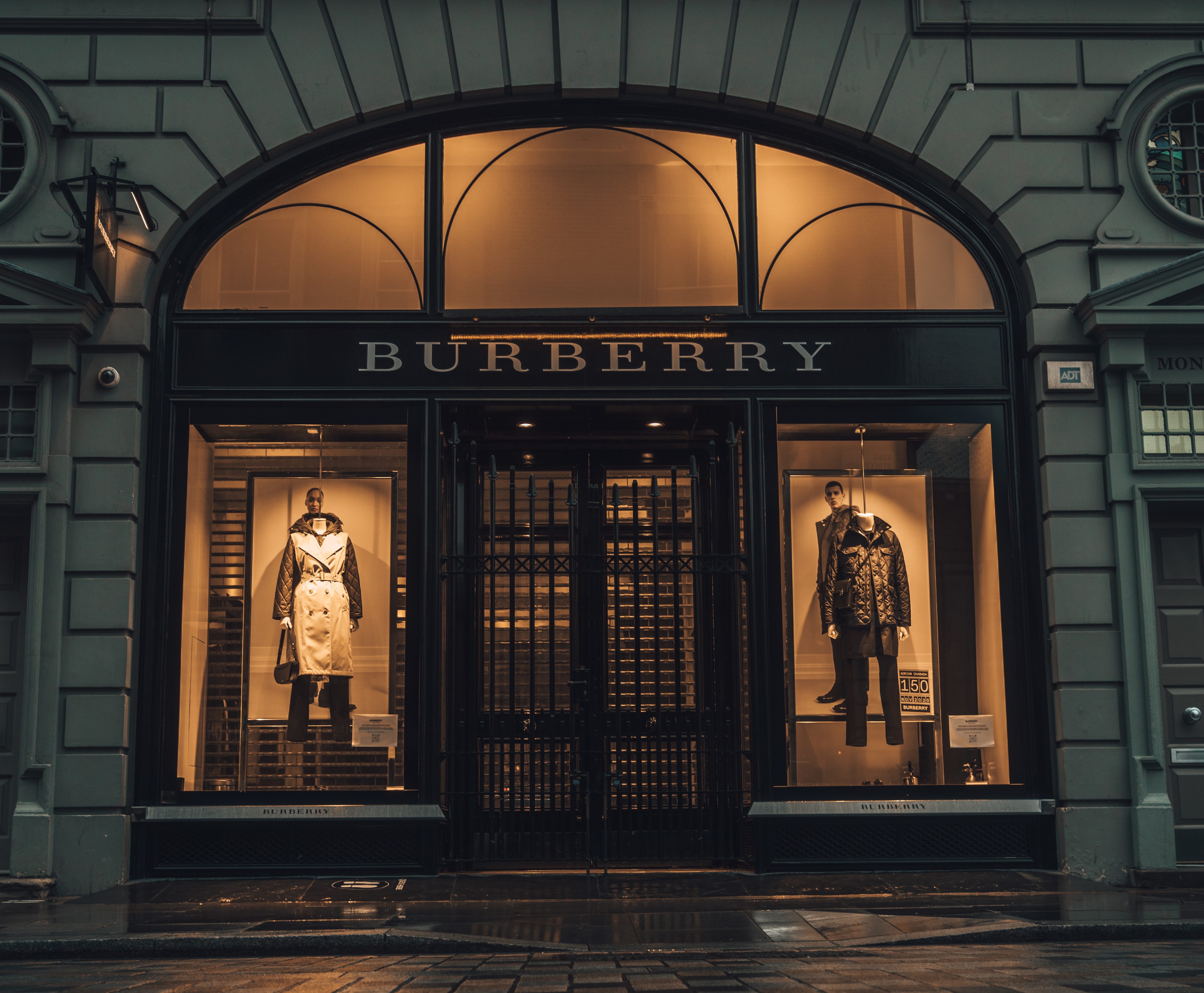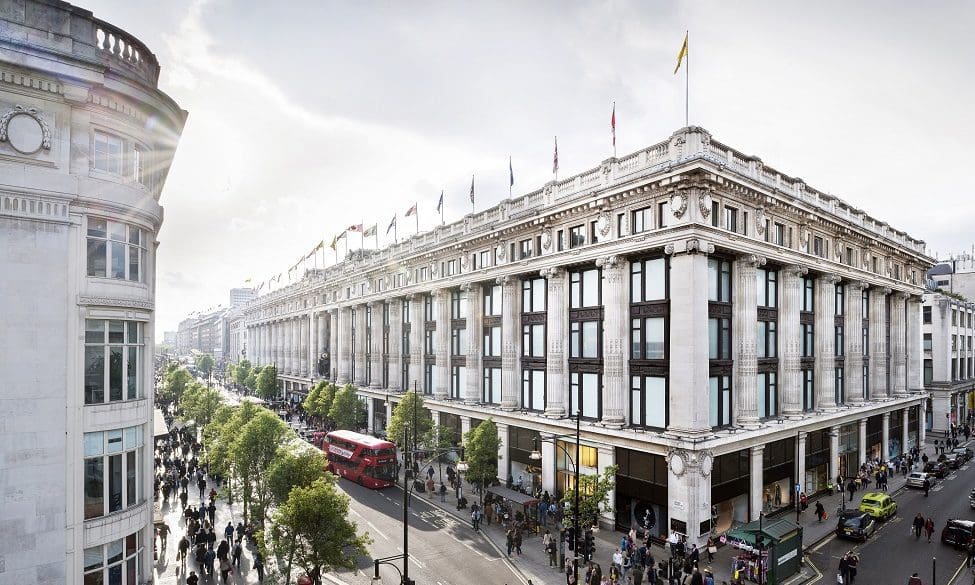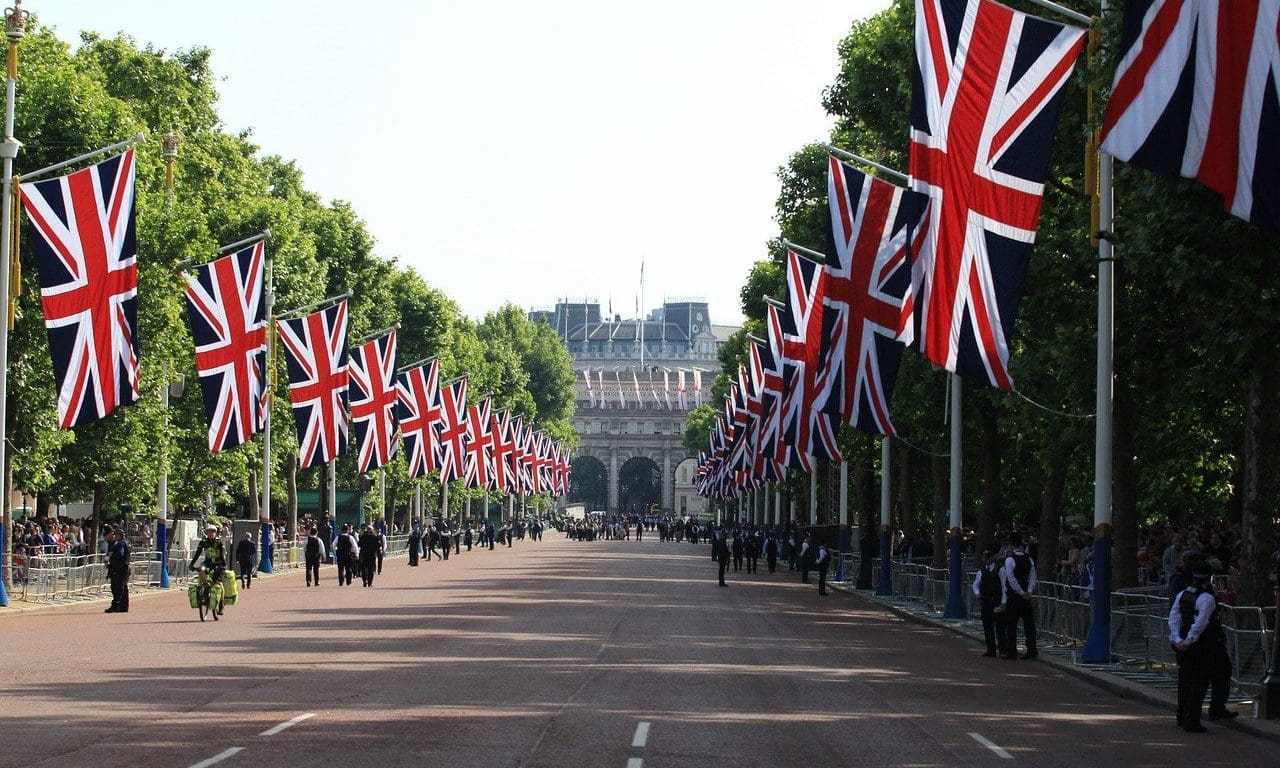Register to get 2 free articles
Reveal the article below by registering for our email newsletter.
Want unlimited access? View Plans
Already have an account? Sign in
Becoming net zero and sustainable are some of the top priorities for global companies today, with many promising to reduce their carbon footprint or offset it by planting trees. But there comes a point where promises and offsetting isn’t enough. And Patagonia has done exactly that. The Chouinard family, former owners of Patagonia, split its shareholding between two new entities after announcing it is giving the company away to an environment trust.
The company’s voting stock will now go to the Patagonia Purpose Trust, created to “protect the company’s values”. Meanwhile, the company’s non-voting stock will go towards Holdfast Collective, a non-profit “dedicated to fighting the environmental crisis and defending nature”. Funding for the Collective will come from Patagonia, with any excess profit made after reinvesting in the business will be distributed as a dividend to help fight the climate crisis.
In a statement on Patagonia’s site, founder Yvon Chouinard said that while the company is doing its best to address the environmental crisis, it was “not enough”. He said the company must find a way to “put more money into fighting the crisis while keeping the company’s values intact”. While his family had pondered the option of selling Patagonia and donating all profits, Chouinard “couldn’t be sure a new owner would maintain our values or keep our team of people around the world employed”.
Taking the company public was also not an option, according to Chouinard. The family instead decided to make the unprecedented move of giving away the company to an environmental trust and non-profit. “Instead of ‘going public,’ you could say we’re ‘going purpose’,” he said. “Instead of extracting value from nature and transforming it into wealth for investors, we’ll use the wealth Patagonia creates to protect the source of all wealth.”
With a new precedent set within the world of retail, it begs the question – will this lead to an environmentally conscious revolution in the fashion industry?
Patagonia emerged from an environmentally impactful creation of Chouinard himself alongside his business partner Tom Frost, the creator of hiking gear, Chouinard Equipment became one of the biggest suppliers of climbing equipment in the United States, but at the cost of the environment. What really happened was fragile rocks were being cracked and eroded due to the repeated hammering of pitons, ultimately leading to the first big environmental decision of the duo – phasing out pitons, and introducing aluminium chocks that could be wedged by hand rather than hammered in and out of cracks.
As the business developed, so did its ethos. In 1986, they committed to donating 10% of profits each year to NGOs and charities. Later upping it to 1% of all sales, regardless of profit or not. The formation of 1% for the Planet in 2002 “made it easy for other companies to do the same”.
Not only have they been supporting charities, the company also made the effort to innovate new sustainable methods, using recycled-content paper for our catalogues since the mid-1980s, working with Malden Mills to develop recycled polyester from soda bottles for use in their Synchilla fleece and many other garments were made from organic materials. Also assessing the dyes the company uses and eliminating colours from the line that required the use of toxic metals and sulphides.
Following the company’s latest unprecedented move, the spotlight may well turn to other companies to see what they are doing to ensure they use their platform for the survival of the planet. At face value, it appears there are many retailers and brands with eco motives, but scratch the surface and greenwashing becomes hugely obvious.
Greenwashing is a form of advertising or marketing spin in which green PR and green marketing are deceptively used to persuade the public that an organisation’s products, aims and policies are environmentally friendly. Zara has its eco line, Join Life, which uses recycled or sustainable materials, but continues to also produce its non-recycled and non-sustainable line.
Meanwhile, PrettyLittleThing, known for cheap clothes and even cheaper staff wages, has just released its Marketplace where they allow consumers to resell their old clothes. While this may seem like a step forward, the fast fashion brand will still overproduce clothes, pollute the environment, and sell off last year’s clothes for 5 pence.
Despite the prevalence of greenwashing in the industry, Patagonia has hopefully set the bar high by reminding consumers that making 25% of your fashion line sustainable isn’t enough anymore. It is a reminder that big corporate brands need to be proactive when it comes to environmental choices, making it easier for the smaller guys to follow, as well as making conscious choices easier and more accessible for the consumers.


